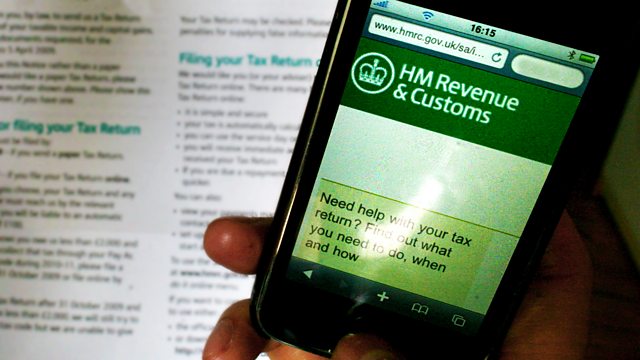Call You and Yours
David Cameron says he's going to get tough with rich people and companies who employ, in his words, fancy lawyers to avoid paying tax. Is it time to make the tax system fairer?
David Cameron says he's going to get tough with rich people and companies who employ, in his words, fancy lawyers to avoid paying tax. These lawyers are reckoned to have saved their clients around Β£200 billion in tax last year- it's a sum which if collected would go some way to sharing the burden of present economic woe which the government says it's keen to do.
But what are the specific practices that he is talking about? And if identified, what are the chances of clawing money from people and businesses that operate on a global level and who don't want to pay it? Is the Prime Minister grandstanding or does he mean business.
Today we'd like to hear from you - and your ideas for making the tax system more equitable. Are there any specific loopholes that could and should be closed? Perhaps the fault is with the government in the first place for making the tax system so complex. A simpler, slimmer code would close down the opportunities to slip between the growing volumes of tax laws.
We'll hear from a philosopher who will tell us about the moral argument for tax. Do you believe that it is the citizen's duty to hold onto as much of their own money as possible? That the individual is best placed to decide how to spend their money. That technical wizardry by clever accountants on behalf of their clients is a vital part of a democratic political system which reminds the state that it serves the people and not the other way around.
Or perhaps you believe that business is only able to thrive in this country because of the social and political investment over centuries that have been paid for by the tax system.



